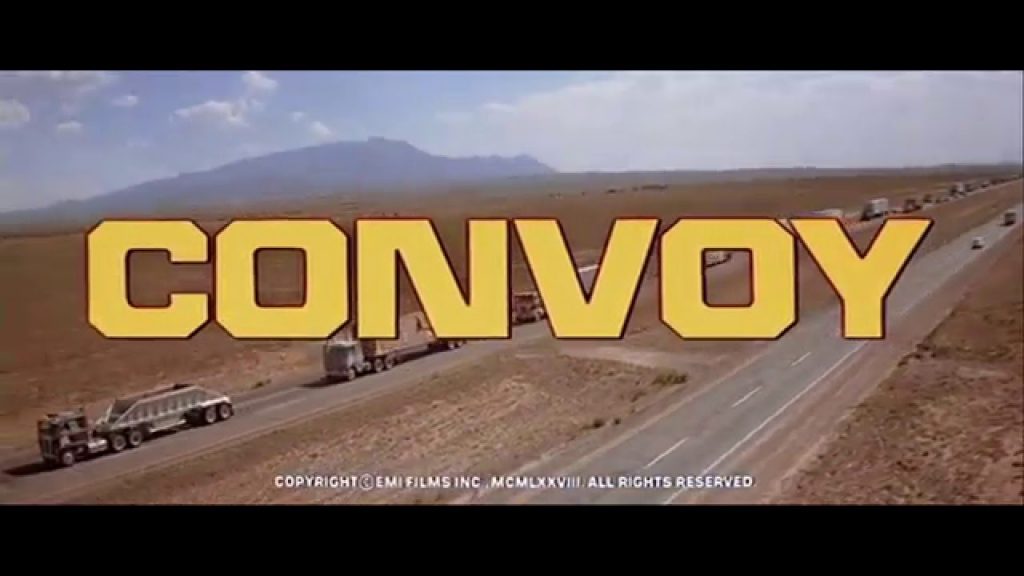
Imagine a world in which there was no internet and no mobile phones. If you wanted to call someone you rang their landline, and if they were out you rang them back again when they were in. No internet of course meant no e-mail, so if what you had to say needed to be put into writing then out would come the cartridge pen and the Basildon Bond. In the absence of a backspace any mistake would simply be crossed out, and the correctly spelt word scrawled thereafter. At the end of the process, once the ink had dried (blotting paper with which to assist in this process was always an option), the finished letter would be placed into an envelope, which would be licked and sealed, and a stamp affixed. The intended recipient would then be able to read your message a day or two hence, just so long as the dog didn’t shred it upon its arrival through the letterbox.
In this world a chat room involved a physical space with real people physically gathered therein, and actually speaking real words. Meanwhile downloading music meant listening patiently to the radio until your favourite song was played, then hurriedly switching on the cassette player whilst imploring anybody else in the room to remain in a state of total silence for the duration (regrettably most of my downloads were interspersed with bored interjections from my mother followed instantly by a sharp, angry shushing sound).
Strange fascination
Incomprehensible though it may sound to younger folk, this was the world in which many of us grew up. If they could understand this, there is a chance they would understand the strange fascination many of us had with Citizens’ Band, or CB radio.
CB radio was a land mobile radio system, which enabled folks to communicate with one another over short distances. Typically it involved a handheld microphone attached by a lead to a large box. Many of us had these indoors, but they were especially in vogue amongst drivers who would use them to exchange small talk with complete strangers at the wheels of their own vehicles which happened to be in the immediate vicinity. Not feeling inclined to disclose their true identities, users would have their own “handle” by which they could be identified.
In 1973 the United States government, in its wisdom, introduced a nationwide 55 mph speed limit for all road vehicles, and truckers widely utilised CB in order to warn each other of speed traps operated by law enforcement officers along the way. After all, the limit hit them in the pocket personally as, being paid by the mile, the restrictions impacted upon their productivity.
As is so often the case, the fad found its way across the Atlantic and was especially popular in the United Kingdom.
Cult classic
Inevitably the sometimes hilarious game of cat and mouse engaged in in the US provided the inspiration for a movie. Convoy was the story of a fictional group of truck drivers led by “Rubber Duck” (Kris Kristofferson), who used CB radio to organise themselves into an ever-longer convoy, driving from state to state whilst being pursued by the law, of whom they had fallen foul along the way. This box office hit, which became a cult classic, followed on the heels of a 1976 song of the same name.
Whilst it was intended as light-hearted cinema, there were parts of the film which spoke much to me about aspects of human behaviour. One scene in particular involved an encounter between a PR man working for an aspirant local politician engaged in trying to woo the truckers, who had become popular folk heroes. Keen to find out what their grievance was so that his boss could offer them his support as part of his election campaign, the hapless young hireling was confused to learn that those involved with the convoy all had their own individual issues, many of them quite disparate. How many causes and political movements couldn’t in all honesty say the same?
Alas, just as video killed the radio star, so the arrival of the mobile phone put paid to a CB craze which had already begun to be a victim of its own success, with congested airwaves and resultant communication difficulties. The national speed limit in the States was lifted in 1995, and the handle eventually morphed into the username.

If you enjoyed reading this article, make sure you stay updated with all Phil’s latest blog posts by signing up to receive his free Newsletter. You can unsubscribe at any time and your details will never be shared with any third party. Click here to sign up today.